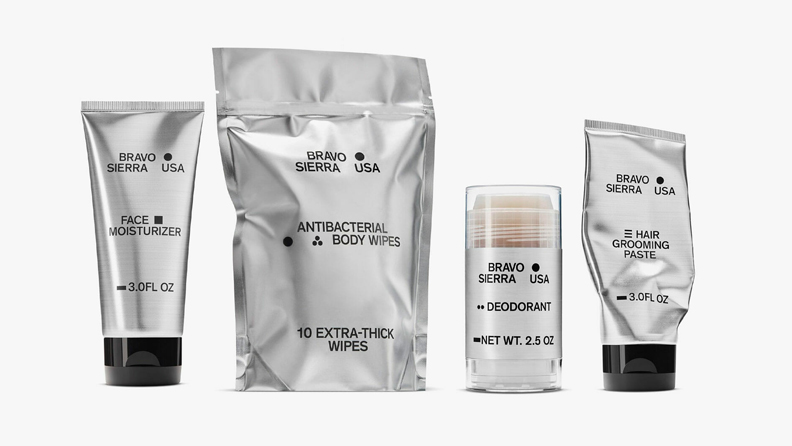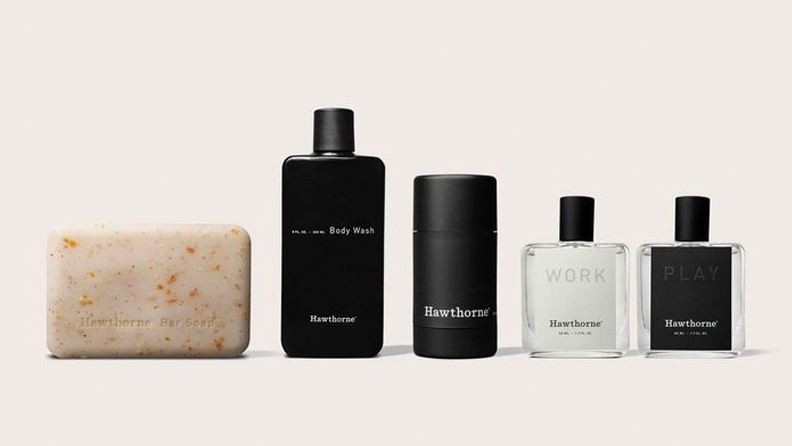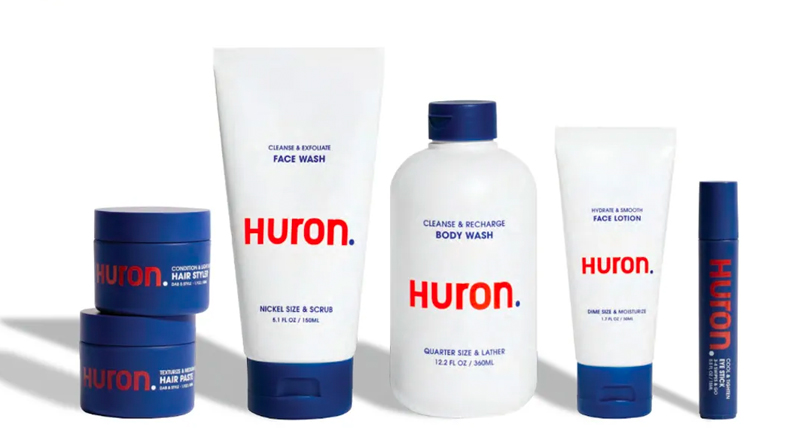The potential of the men’s category has been on the horizon for what seems decades, but it’s finally hit its stride. The global men’s grooming industry is expected to hit $78.6 billion by 2023, from $57.7 billion in 2017, according to a Research and Markets report.
The men’s category saw subscription and DTC start-ups shake up the status quo in men’s grooming through the shaving category. Taking significant market share from strategics has resulted in a string of acquisitions, with Unilever kicking things off with the acquisition of Dollar Shave Club, Proctor & Gamble picked up Bevel, and Edgewell scooped up Jack Black, Bulldog, and Harry’s.
While the first significant disruption leveraged shaving to reach the elusive opportunity in the men’s category, the men’s opportunity 2.0 has been driven by well-funded DTC start-ups leveraging hair loss and erectile dysfunction to reach men. While Roman, Hims, and Keeps may ultimately have their eye on telemedicine, Hims also offers head-to-toe solutions.
However, skincare and personal care are emerging as new opportunities. The global men’s skincare market is set to grow 24% in the next five years to reach $5 billion, according to Euromonitor. We followed the money to surface the next crop of brands positioned to evolve the men’s category. While these brands are positioned as gender-neutral, they are all distinctly male. The second thing these businesses have in common is smart money that comes with connections and opportunities.

Bravo Sierra is a socially manufactured military native performance wellness company. They refer to the military as the original wellness lifestyle brand, and crowdsourced ideas by testing products with 1,000 active members of the U.S. Special Forces, including Army Rangers, Navy Seals, Green Berets, and Marine Raiders. The company will contribute 5% of its sales to the M.W.R (Morale, Welfare, and Recreation) programs, which offer a complete range of community support programs to US service members, veterans, and their families.
The branding and package design was developed by Patrick Li, the creative director of T Magazine, with consultation from Sarah Andelman (the founder of the beloved Colette store).
Business Model: The brand will be available on global military bases and through the brand’s website.
Founders: Benjamin Bernet and Justin Guilbert, former marketing directors at L’Oréal.
Funding: The business raised a $6.7 million seed round with funding led by Global Founders Capital with participation from Canaan Partners, Mousse Partners, BoxGroup, Redo Ventures, and Grace Beauty Capital.

Hawthorne is a subscription-based model calibrated to replace products based on consumer usage and is built on the premise of personalized products using a simple questionnaire and algorithm that analyzes factors from body chemistry to lifestyle. The fragrance and personal care brand tells men what cologne to wear for work or play, and how to apply it, taking out the guesswork.
Business Model: Direct to Consumer
Founders: Fashion entrepreneurs Phillip Wong and Brian Jeong.
Funding: A total of 10.2 million raised in a December 2017 $2.2 million in seed round and a recent $8 million round of funding, according to the NYT. Investors include Founder Collective, Sinai Ventures, Comcast Ventures, Shana Fisher, Techstars NYC Accelerator, FJ Labs, Imaginary, run by the Net-a-Porter founder Natalie Massenet, and Nick Brown, who at his previous firm invested early in companies like Goop.

Huron is dedicated to providing A+ personal care for guys everywhere that’s approachable and easy and can compete with premium offerings. The brand believes men who care about performance when it comes to their bodies can be convinced they need something better than drugstore brands for their skin.
The brand worked with DTC guru agency Gin Lane.
Business Model: Direct to consumer and Crossfit gyms.
Founder: Founded in 2018 by Matt Mullenax.
Funding: The company raised $1 million in seed funding from RXBAR founders Peter Rahal and Jared Smith, CXT Investments, and Lean Luxe founder M. Paul Munford.
Looking Forward – the next emerging opportunity is addressing the men’s makeup category. Gen Z is growing up with less rigid boundaries around gender and masculinity. Men have been dabbling in the category for years in Asia and it is beginning to take hold very slowly in China and the US. JUV Consulting estimates the value of the global men’s makeup market at about $1.14 billion in 2019. A survey conducted by Euromonitor showed more than 56% of US male respondents admitted to using some sort of facial cosmetic-like foundation, concealer, or BB cream at least once in 2018.
While some brands like Milk Cosmetics make products men can wear, no one has cracked what could be a massive opportunity. The white space is there, the industry sees it, but no one has managed to unlock it—yet.

Want to continue reading this article and others just like it?
Subscribe to BeautyMatter and access the most current beauty intelligence and news updates.
SubscribeAlready a member, login here.